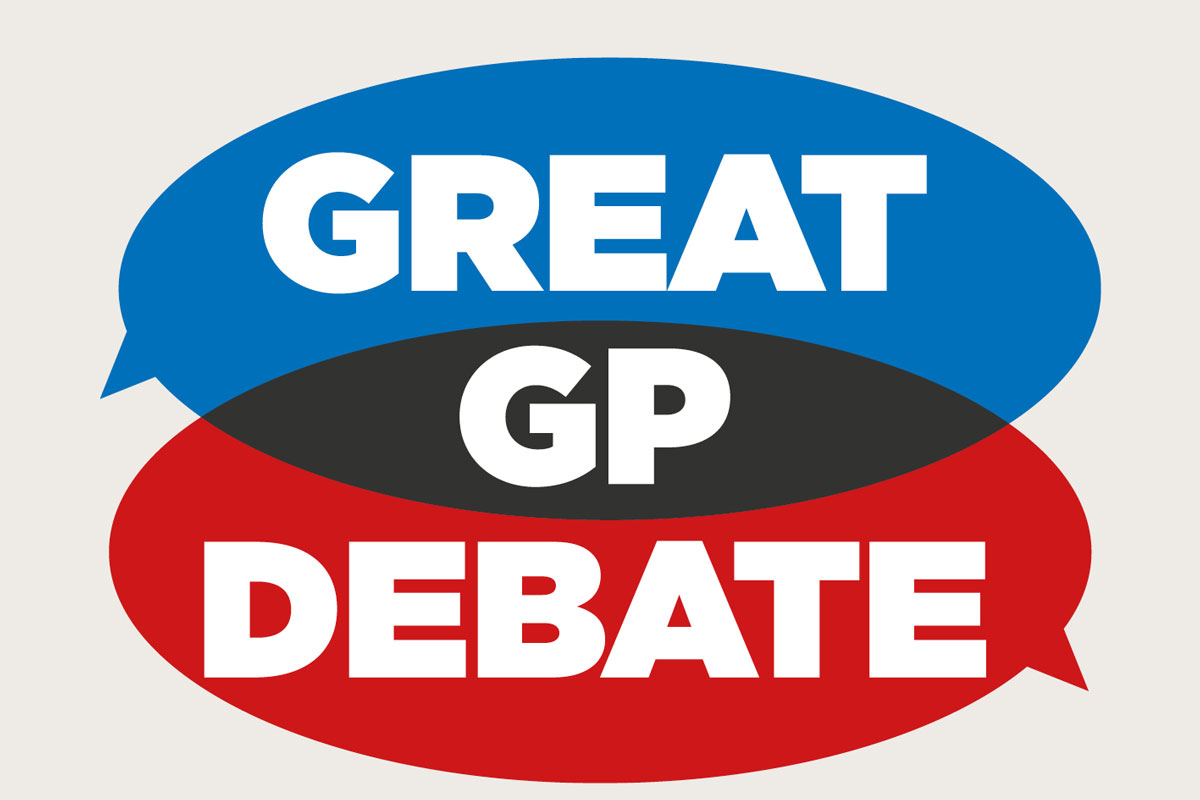Perhaps better feedback is the key to improving GP trainee morale

Over the New Year, I was in a pub having a family lunch. Our student waiter scurried around with an unwavering smile. Despite the cramped table and slow service, he somehow managed to infect us with his cheeriness. As we thanked him and got up to leave, he added, ‘If you leave a TripAdvisor review, can you mention my name? I get a free pint!’
As I did just that, I thought back to what had made the difference that afternoon. It struck me then that it had been the attitude of the staff. Was there something more to it than the prospect of a free pint in return for serving with a smile? Was it the ease with which their customers could give feedback having an impact on their morale? It got me thinking – given the perilous plummet in morale among GP trainees, could a radical overhaul of the feedback system for trainees be part of the solution?
Could a shift in feedback cement over some of the deeper cracks?
Feedback is a powerful tool. Think back to when you were at school, when it was in constant supply. You couldn’t dodge the steady stream of evaluation, and every goalpost you set and shifted was in response to the noise of feedback around you.
Soon you were thrown into a medical school pond, indistinguishable from the rest of your shoal. The feedback stream weakened, thinning out to exam hurdles. And then you became a doctor. The richness of feedback was diluted further still – passing yet more exams, the fudge of e-portfolio assessments, and savouring off-the-cuff remarks from patients and colleagues.
Of course we’re not in it for the thanks, and this isn’t about TripAdvisor ratings. It’s quite right that the nature of feedback we receive changes as our career progresses. You could argue we need it less with increasing experience. Or, alternatively, does a pervading lack of awareness of our value and of our shortcomings become more of a hindrance as the complexity of our work grows?
It reminded me of a book I’d read recently, recommended by a fantastic paediatric consultant Bob Klaber, called ‘Thanks for the Feedback’. The authors assert that broadly, feedback come in three forms: appreciation (thanks), evaluation (here’s where you stand) and coaching (there’s a better way to do this).
Early on in our careers, we get fed a healthy dose of all three from both patients and colleagues. But as we progress, it seems to water down to leave a calculated emphasis on the evaluative, without an inbuilt system for truly encouraging the other two forms.
Take the evaluative component first. Arguably, tools like the Family and Friends test, and websites like NHS Choices make it easy for our patients to tell us if we’re up to scratch. From colleagues, we have the flurry of e-portfolio ‘work-based placed assessments’ and supervisor forms, circling above our heads like invisible hawks that we can’t bat away as we try to get on with the job. I know they’d swoop down on me if I was unsafe, but how meaningful is that feedback?
Next, the appreciation. It’s been the little things from my patients, like the 92-year-old man who gave me his last Werther’s Original, or the scribbled thank you drawing from a 6-year-old slipped under my door, that came to mean more to me than even they realised. If spontaneous gestures of gratitude make such a difference, can we make that easier? Other services we interact with, like shops and customer service lines, make it clear how we can leave feedback for specific employees, without seemingly fishing for compliments.
For colleagues, every good consultant I’ve ever worked for has one thing in common: they know the power of thanking their team. At a time when we rely so heavily on the discretionary effort of staff, regular injections of appreciation can have lasting repercussions. We’ve chipped away at the system so it’s now easier to raise the alarm when we spot a mistake. But what about an equally accessible system for positive feedback, a ‘gratitude Datix’ of sorts?
Finally, the coaching. We might presume patients can only give us evaluative and appreciative feedback, but I’m sure we can all think of examples where they’ve offered more. I won’t ever forget the gentleman who, through stubbornly refusing to take a statin month after month, coached me through a valuable lesson on patient-centred decision making.
For our colleagues, I think the in-built inclination to nurture juniors that came with the historic 120 hour weeks, tied over gaps that are now resurfacing. What if we could reinvest the time spent on box-ticking evaluation in truly coaching trainees instead? Could that be a step towards re-engaging our disillusioned juniors?
Perhaps the NHS could look at how other industries provide feedback. IBM and GE, for example, both revamped their performance review system by using crowd sourced suggestions from employees. This led to an abandoning of the annual performance review, which was viewed as an exercise in bureaucracy instead of an agent of change, in place of a new app-based system. It lets employees set shorter-term goals, with more frequent feedback at their request, a broader scoring system, and an unrelenting emphasis on coaching.
Could a shift in the frequency, type and quality of feedback we give to junior doctors cement over some of the deeper cracks as we move forward?
Leave some constructive feedback in the comments, and you might get a free pint.
Dr Nishma Manek is a GP trainee in London. You can follow her on Twitter @nishmanek
This blog is part of our ‘Great GP Debate’ season. If you would like to write a blog on how you see the future of general practice, then please email the Editor at [email protected].
Pulse October survey
Take our July 2025 survey to potentially win £1.000 worth of tokens











